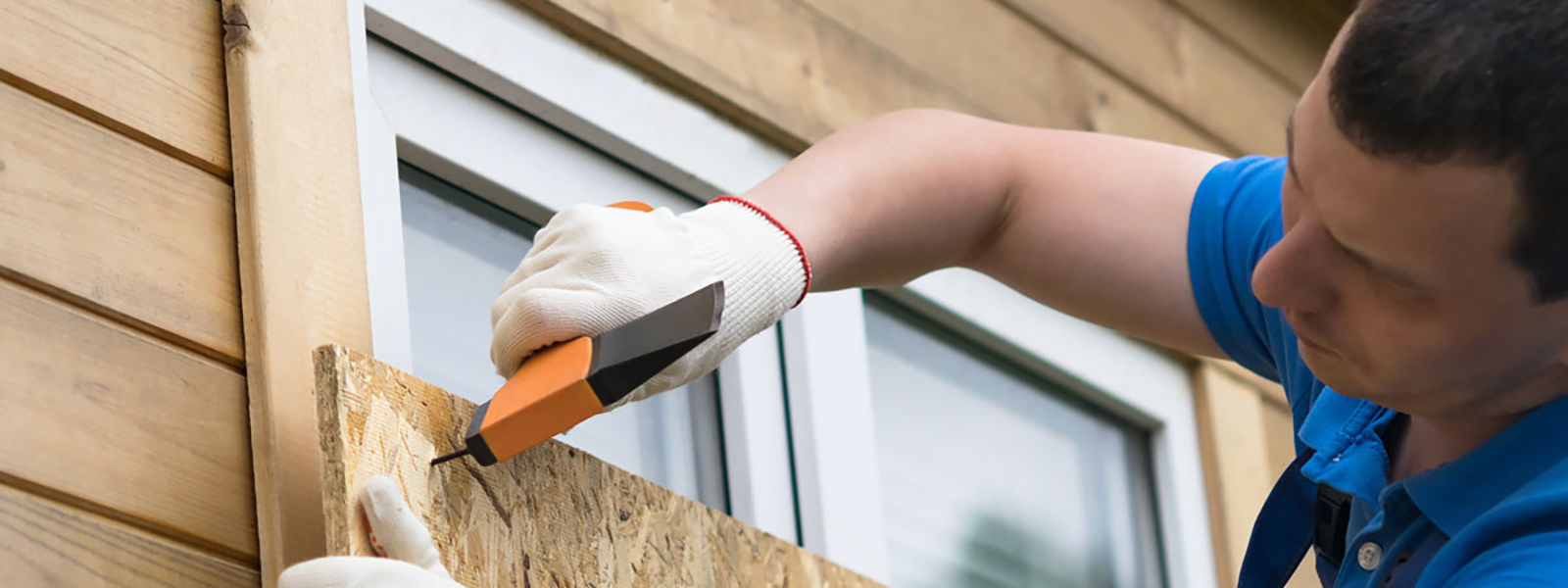
For example, when Hurricane Milton made landfall in October 2024, it left over 3.2 million homes and businesses without power at its peak—demonstrating how quickly communities can be left in the dark and vulnerable to security risks and communication breakdowns (Reuters).
The following checklist represents the essential steps to bolster your community’s hurricane preparedness:
Thorough preparation is the best defense against hurricanes and natural disasters. By conducting a risk assessment, securing early contracts with security providers, keeping residents informed, and adjusting security plans during the storm, HOAs can significantly reduce safety risks and property damage.
For personalized preparedness consulting and security planning, contact Ballast Security at 239-790-8669 or fill out this form